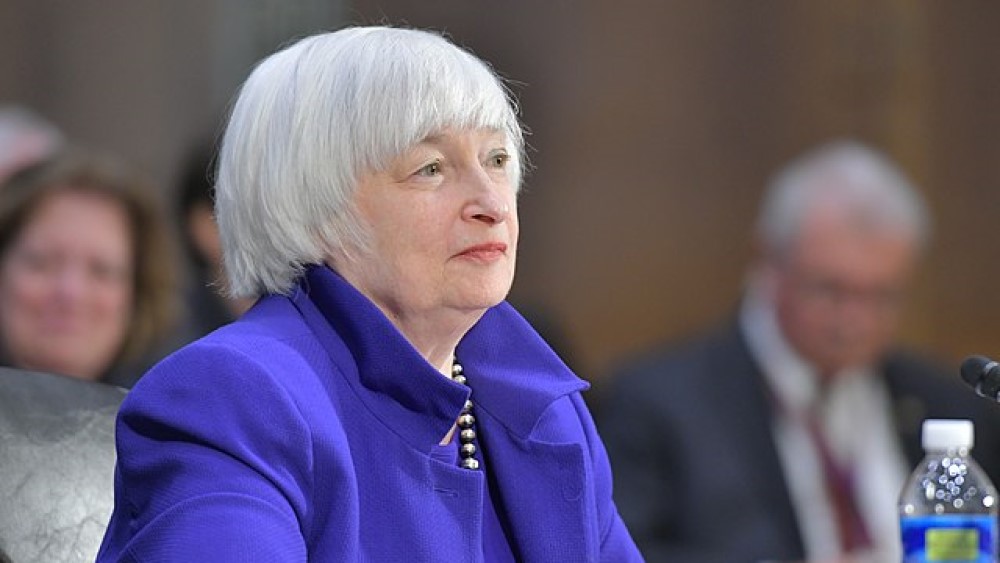
In a bid to alleviate mounting strains over trade, technology, and Taiwan, U.S. Treasury Secretary Janet Yellen embarked on a visit to China this week. As the world economy faces concerns of fragmentation after years of globalization, Yellen's trip holds significance for both countries.
The global business landscape has been witnessing shifts, with companies like Apple diversifying their manufacturing bases away from China. Moreover, recent tit-for-tat restrictions on semiconductor exports highlight the growing unease in bilateral relations.
Yellen's visit to Beijing comes at a crucial time as strategic frictions around Taiwan and the South China Sea continue to rise, amplifying tensions between the two largest economies. Although diplomatic breakthroughs are not expected, Yellen aims to foster stronger communication channels with China's new economic leaders.
By doing so, she hopes to prevent further deterioration in relations between the nations. This trip serves as Yellen's inaugural visit to China since assuming the role of Treasury Secretary, following Secretary of State Antony Blinken's visit just a few weeks ago.
While Yellen has taken a less confrontational stance toward China within the administration, she has not shied away from highlighting concerns about China's human rights record and unfair trading practices. However, she maintains that severing economic ties entirely would be detrimental to both nations and destabilizing for the rest of the world.
China's recent announcement of export restrictions on critical minerals used in semiconductor and solar panel production can be seen as a response to the export limits imposed by the United States. The Chinese Commerce Ministry cited national security concerns as the rationale behind these measures. In parallel, the Biden administration has imposed restrictions on advanced computer chip sales to China and is contemplating limitations on China's access to U.S.-based cloud computing services.
Despite these challenges, the United States and China remain each other's third-largest trading partners, with a substantial volume of goods, valued at nearly $691 billion, exchanged between the two nations last year.
Yellen's visit seeks to reinforce the notion that finding a way for both countries to coexist and share in global prosperity is crucial. While acknowledging differences and defending respective interests, Yellen emphasizes the importance of fair competition and the potential benefits of continued cooperation.
As the world closely watches the outcomes of Yellen's discussions in China, it is evident that the path ahead is uncertain. The resolution of trade disputes, technology concerns, and regional tensions requires delicate navigation. Yellen's trip underscores the significance of open lines of communication and engagement between the world's economic powerhouses. Only through dialogue, cooperation, and a focus on shared prosperity can the United States and China hope to find common ground and address their divergences effectively.
